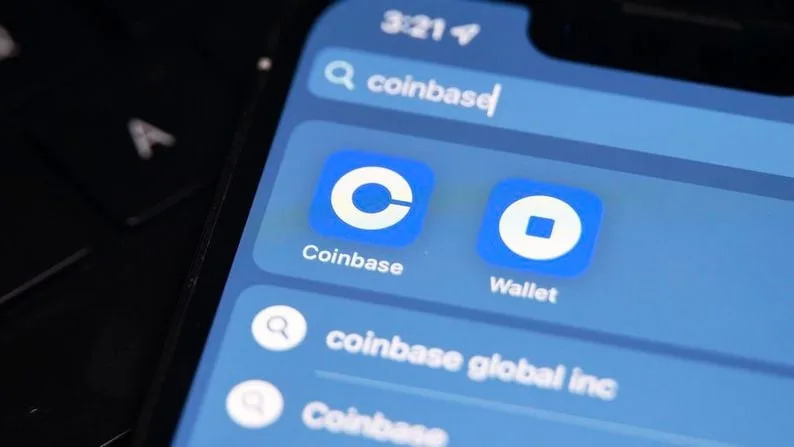Jennifer Jacobs, Andreina Itriago Acosta and Eric Martin
Tue, October 10, 2023

(Bloomberg) -- The US and Venezuela are close to reaching an understanding that would bring limited sanctions relief in exchange for steps to ensure fair elections in the Latin American country next year, according to people familiar with the matter.
As part of the informal deal, the US would be willing to lift some oil and banking sanctions on Venezuela once Caracas announces measures to hold its presidential elections in a more democratic fashion, the people said. Those steps would include removing a ban on all opposition candidates to run for office.
Once those conditions are met, the US would be open to lifting penalties on both Venezuela’s central bank and the state-owned development bank, giving the administration of President Nicolas Maduro a path to reengage with financial institutions to recover at least $3 billion held in accounts in Europe, according to the people, who asked not to be identified discussing the fragile discussions.
Sanctions relief being considered by President Joe Biden’s administration would also extend to members of Maduro’s entourage, the people said, though it’s not expected to include prominent financiers such as Alex Saab, a top Maduro ally who has been imprisoned in the US since 2021.
Venezuela’s Information Ministry didn’t immediately respond to a request for comment.
In a step that could pave the way for relief from US sanctions, Venezuelan government representatives are expected to reach an agreement with opposition leaders on the election, the people said. They intend to close the agreement ahead of the Oct. 22 opposition primary elections, according to the people.
Ending the ban on opposition candidates, including frontrunner Maria Corina Machado, would clear the way for them to run in the 2024 election, according to the people. Candidates must still request removal of the restriction to Venezuela’s Supreme Court, a requirement that delayed the agreement for months as it’s seen as key to giving Machado a chance to win the vote.
Maduro has also agreed not to interfere with the opposition primaries later this month and to invite international observers to oversee the general election, as well as to release dozens of political prisoners from detention centers, which was a crucial point for Washington, according to one of the people.
A spokesperson for the White House National Security Council said that the US is ready to provide sanctions relief once Venezuela moves toward restoring democracy and holding fair elections. So far, the spokesperson said, Venezuela hasn’t taken those steps.
Maduro has sought for years to end US sanctions on the feeble Venezuelan economy to guarantee his regime the financing it needs to keep operations afloat. His government is in dire need of cash to potentially launch his third presidential campaign ahead of the 2024 vote.
At odds since socialist leader Hugo Chavez took power more than two decades ago, the US and Venezuela have showed recent signs of rapprochement.
This month, the Biden administration said it would resume repatriation flights of Venezuelan migrants who enter the US illegally, with Caracas saying it would accept the return of its citizens for the first time in years.
Maduro, for his part, cleared the way for the recently appointed Venezuelan electoral body to register new voters ahead of next year’s elections.
Lifting sanctions imposed by the US under President Donald Trump in 2019 would be the result of months of direct and closely held talks between officials from both countries in different venues, stretching from Europe to the Mideast.
As part of the deal, talks in Mexico between Maduro’s government and the opposition could resume as a way to ensure implementation of any agreement and make sure the parties fulfill their commitments, according to the people familiar with the negotiation.
Even so, negotiations are ongoing and have previously failed to yield an agreement, making US officials skeptical of any outcome and wanting to see Maduro move first before any commitments, according to two of the people.
--With assistance from Nicolle Yapur and Fabiola Zerpa.








